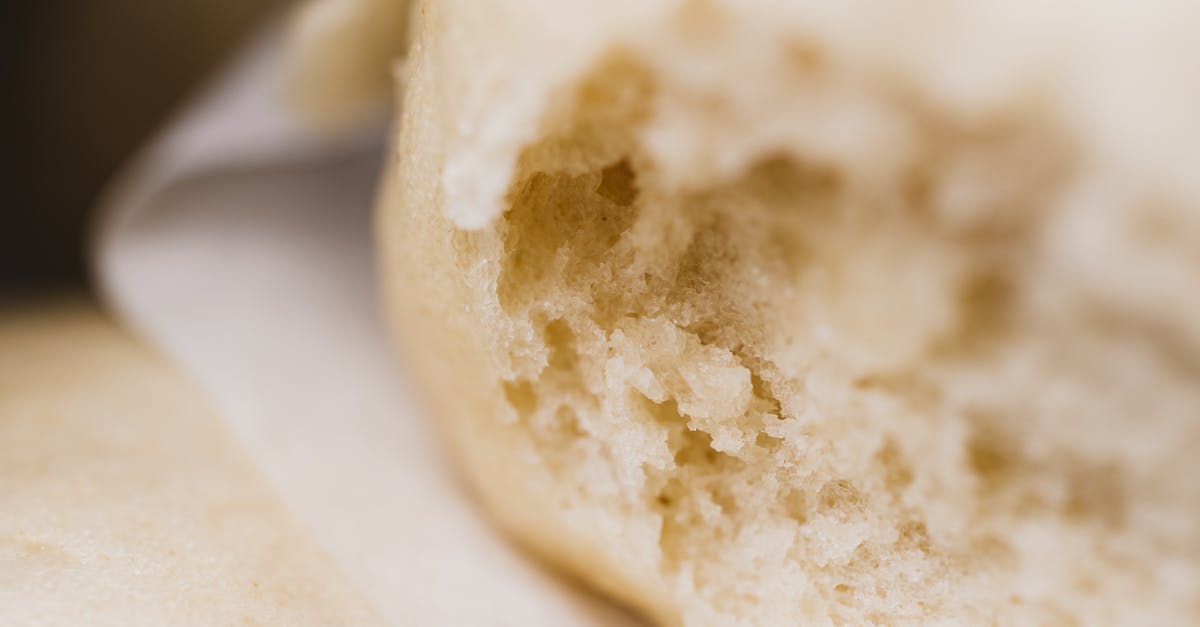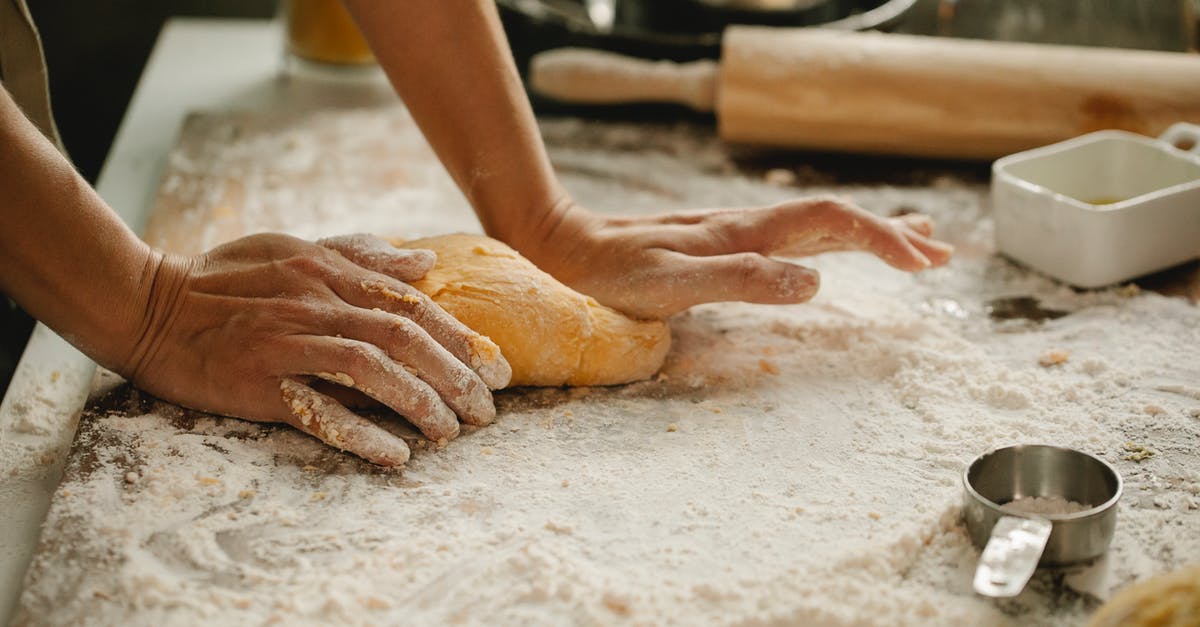Emulsifying oil-soluble flavour compounds in homemade soft drinks

Commercial soft drinks seem to often use rather exotic emulsifiers (brominated vegetable oils, quillaja) to mix flavour bearing oils into the drink - I would assume that is how you get citrus tastes beyond what just adding citrus juices can achieve.
Is there a method that is viable for the home lemonade maker, without using too-obscure ingredients? Will the oily phase (eg lemon zest steeped in coconut oil) stay emulsified if it is first mixed with a small amount of alcohol - or would a small amount of a food-grade soap (from food grade oil and food grade lye) work without upsetting the taste intolerably?
Best Answer
The emulsifiers are probably used to keep them mixed on the shelf, rather than to get them in to the mix in the first place. Traditional home made drinks such as still lemonade are intended to be mixed and served immediately, and plenty of stirring will disperse the oil in the water-based drink for long enough. Bottled drinks, whether ready to drink or concentrate, would separate in storage. There's also an aesthetic reason: people don't like to see a layer of oil on top of their drink.
Trying to extract the oils from the zest without steeping in further oils would be a good idea, because you'd have much less to emulsify or mix. Hot water would release quite a lot of the oil, and for some things an alcohol extraction would work (the amount of alcohol per serving would be miniscule if done properly).
In terms of replicating the commercial product you would be best off buying emulsifiers (lecithin perhaps). Reacting food grade sodium hydroxide with edible oils doesn't necessarily leave you with an edible product - saponification is a chemical reaction resulting in a new substance so we can't conclude it's food safe even if the reagents were. On top of this, soap in even tiny quantities is unpalatable.
There's so much rubbish written online about "natural" foods that it's hard to find much sense, but honey is reputed to have some emulsifying properties,and is a traditional ingredient in lemonade recipes.
To conclude, I'd try boiling the zest in water and straining, before mixing with the juice and water, then sweetening the lemonade with honey instead of sugar. Even if it doesn't work perfectly it should still be a pleasant experiment.
Pictures about "Emulsifying oil-soluble flavour compounds in homemade soft drinks"



What are emulsifiers in drinks?
But what exactly is an emulsifier? They act as a bond that holds ingredients altogether, ensuring they don't separate. Two of the most common ingredients \u2013 oil and water. They make finished products soft and smooth in texture, improve the quality, and keep it firm and stabilized.How do you emulsify drinks?
Emulsified mixtures can come in different forms, hot, cold, savory, sweet, textured or smooth. These simple add-ons help to elevate any dish without being the star of the plate. They can help add depth of flavor, texture, and moisture to make food more tantalizing.Do emulsifiers add flavor?
Commonly used emulsifiers in modern food production include mustard, soy and egg lecithin, mono- and diglycerides, polysorbates, carrageenan, guar gum and canola oil.How to Make a Flavour Essence for Soda Syrup and Cocktails
Sources: Stack Exchange - This article follows the attribution requirements of Stack Exchange and is licensed under CC BY-SA 3.0.
Images: Cedric Fauntleroy, Cedric Fauntleroy, Sonny Sixteen, Klaus Nielsen
